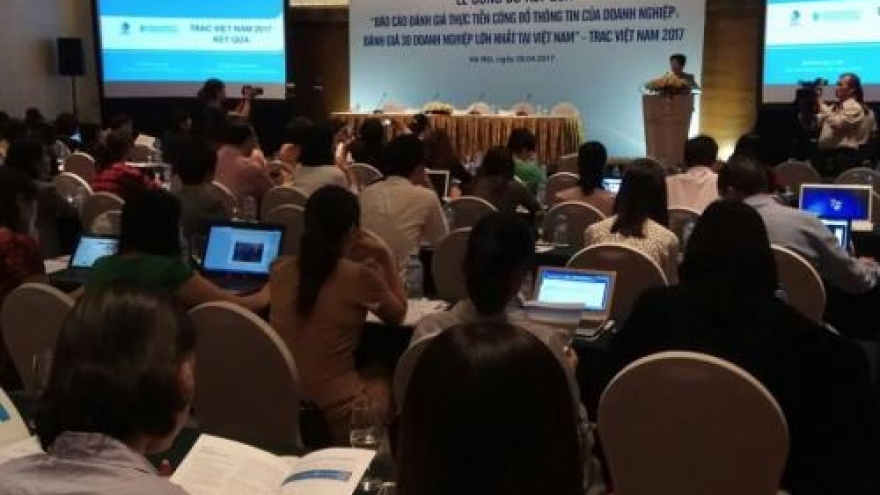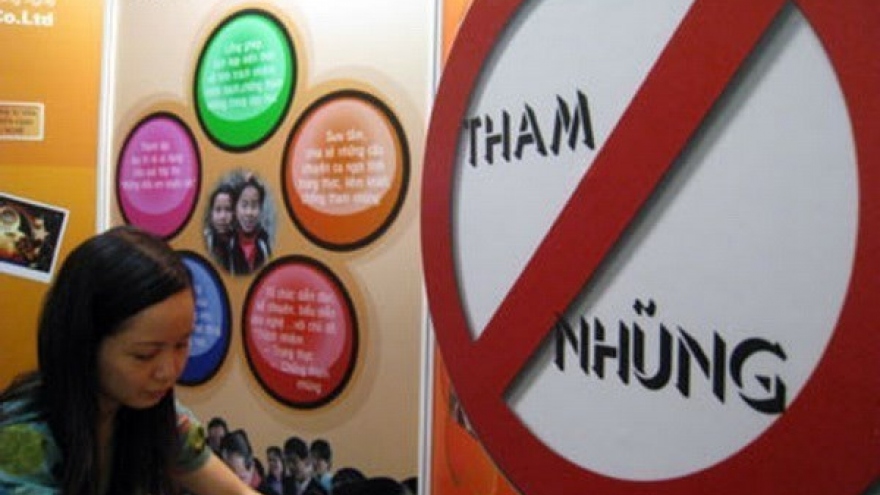Seminar seeks to improve Vietnam’s sanctions against corruption
The Party Central Committee’s Commission for Internal Affairs and the UN Development Programme (UNDP) co-organised a seminar in Hanoi on June 8 to seek ways to improve sanctions against corruption in Vietnam’s anti-corruption law.
 |
Sanctions against corruption have continually been amended over the past years, he noted, admitting the fact that the existing sanctions remain incomplete. For example, there have not been any sanctions against illicit enrichment or leaders of agencies and organisations where corruption occurs. Current sanctions are also not flexible enough to effectively recover corrupt assets.
UNDP Vietnam Deputy Country Director Akiko Fujii said Vietnam should pay attention to the effectiveness of measures for controlling asset recovery and persons with unlawful enrichment, legal entities’ criminal responsibility in corruption fight, and more effective enforcement of the Anti-Corruption Law.
At the seminar, Dr Dao Le Thu from the Hanoi Law University presented a report on a study on the perfection of sanctions against corruption in Vietnam’s anti-corruption law. The report pointed out legislative shortcomings in the existing sanctions and suggested improvements.
Nguyen Dinh Quyen, Director of the National Assembly’s Institute for Legislative Studies, said although it is necessary to overhaul the legal system on anti-corruption, conditions or regulations for enforcing anti-corruption regulations have not been ensured.
He elaborated that it is very difficult to prove an enrichment activity is illegal since there have not been strict regulations on asset declaration and the verification of those declarations. Meanwhile, there are many obstacles to recovering assets as Vietnam lacks a foundation for clarifying which assets come from corruption and which are from other income sources.
British Ambassador to Vietnam Giles Lever said the fight against corruption needs to be carried out in a transparent manner while sanctions and methods must show justice to win the public’s trust. Vietnam’s anti-corruption sanctions, including death penalty, are relatively stringent, but they lack high deterrence and effective enforcement.
The UK will continue supporting Vietnam and the UK Embassy will work closely with local agencies in combating corruption, he added.
At the event, Christopher Batt, a representative of the UN Office on Drugs and Crime, also shared the UK’s experience in building laws on reclaiming assets.-



